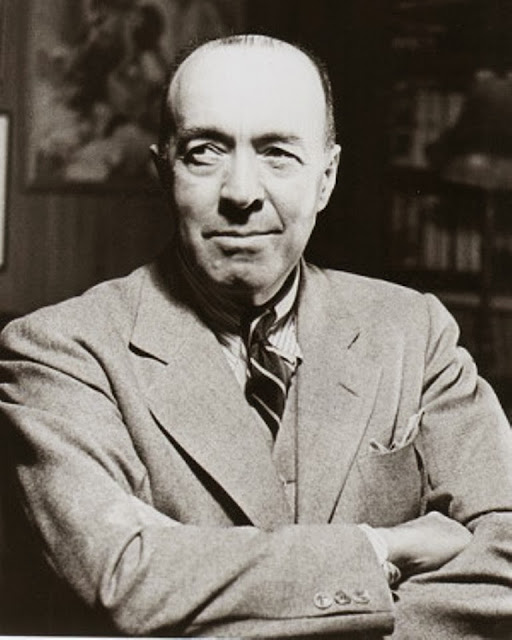CHAPTER 1
Credit this story to Wild Pat Morgan, that laughing, reckless, black- haired grandson of Ireland's peat bogs. To Pat Morgan, one-time flying lieutenant of the AEF, ex-inventor, amateur boxer, and drinking companion par excellence.
I met Pat Morgan at the country-club bar, one of those casual things. After the third highball we were calling each other by our first names. By the sixth we had dragged the family skeletons out of the closet and were shaking the dust off them. A little later we were weeping on one another's shoulders, and that's how it began.
We got pretty well acquainted that evening, and afterwards our friendship grew. We saw a lot of each other when he brought his ship to the airport where I kept mine. His wife was dead, and he was a rather lonely figure evenings; so I used to have him up to the house for dinner often.
He had been rather young when the war broke out, but had managed to get to France and the front just before the end. I think he shot down three enemy planes, although he was just a kid. I had that from another flyer; Pat never talked about it. But he was full of flying anecdotes about other war-time pilots and about his own stunting experiences in the movies. He had followed this latter profession for several years.
All of which has nothing to do with the real story other than to explain how I became well enough acquainted with Pat Morgan to be on hand when he told the strange tale of his flight to Russia, of the scientist who mastered Time, of the man from 50,000 B.C. called Jimber-Jaw.
We were lunching together at The Vendome that day. I had been waiting for Pat at the bar, discussing with some others the disappearance of Stone, the wrestler. Everyone is familiar, of course, with Stone's meteoric rise to fame as an athlete and a high-salaried star in the movies, and his vanishing had become a minor ten-days' wonder. We were trying to decide if Stone had been kidnapped, whether the ransom letters received were the work of cranks, when Pat Morgan came in with the extra edition of the Herald and Express that the newsboys were hawking in the streets.
I followed Pat to our table and he spread the paper out. A glaring headline gave the meat of the story.
"So they've found him!" I exclaimed.














